Zurich wants to ease political participation for non-Swiss
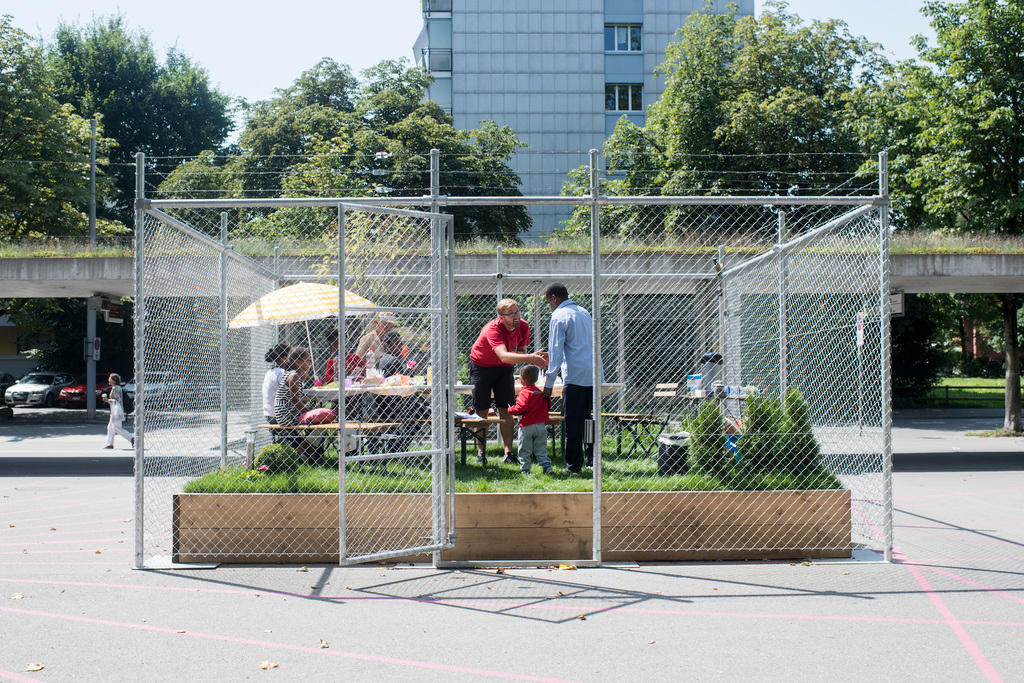
Switzerland’s main business hub is very well connected globally and attracts many expatriates. But Zurich does not grant its foreign residents any say in political matters - an apparent contradiction in a country proud of its direct democracy.
The authorities in Switzerland’s most populous city are now considering ways to enhance the participation of this important group.
The city of Zurich has about 425,000 residents – 32% of whom do not hold a Swiss passport. Many are expats working for international or Swiss companies. They are highly skilled, hold good jobs and earn high salaries.
In addition, they pay taxes and contribute financially to the country’s social security system, including the old age pension and the unemployment insurance schemes.
However, the locals are not keen on their foreign neighbours having political participation. In a 2013 vote at the canton Zurich, voters refused to grant municipalities the right to give their non-Swiss residents a say at a local level. None of the 185 municipalities, not even in the city of Zurich, accepted the initiative, which was mainly supported by parties on the left.
City council insists
The result from the public vote has not stopped the city council from putting democratic rights for foreign residents back on the agenda.
Hoping to break the deadlock, the city authorities and the Centre for Democracy StudiesExternal link recently organised a workshop and a public panel discussion. During the meeting, experts from various fields and the general public collected ideas on boosting political participation of citizens, regardless of the issue of voting rights for foreigners.
Here are five of the proposals:
1. Simplify the citizenship procedure
Quite simple and easy to implement, at least in theory. It is a fact that the proportion of foreigners in Switzerland is relatively high because it is so hard to get Swiss citizenship. It was generally agreed that the city authorities would have some leeway in lowering the hurdles for potential naturalisation candidates.
2. Personal invitation
It was agreed that setting up information panels and distributing official flyers were often inefficient ways of encouraging political participation. Residents could instead receive personal invitations from the city authorities to attend workshops or similar events on projects such as the creation of parks and other public spaces.
3. Strengthening dialogue
Removing possible obstacles to the exchange of information and opinions was another suggestion. A good example is a mobile phone app, Züri wie neu (Reparing Zurich)External link. It allows users to notify the authorities of damage to local infrastructure. No similar app as yet exists for the social or creative areas.
4. Citizen budget
The idea is for the city authorities to let all citizens, regardless of their nationality, decide on how best some of the public money should be spent, for instance on building projects or services. The French capital, Paris, is one of several cities which has trialled this.
5. Voting by proxy
A possibly subversive approach involves a redefinition of the mandate of Zurich’s local politicians to be delegates of all city residents, not just those who are Swiss. They would consult their communities, including foreign nationals, ahead of major parliamentary decisions. A voting system like this would be relatively easy to implement with existing online tools.
It’s difficult to say at this stage if any of these fresh approaches would ever be implemented in practice. But one thing is obvious: Switzerland’s biggest city has some catching up to do when it comes to citizens’ participation.
Of the country’s 26 cantons, only eight grant their foreign residents the right to vote and elect representatives at a local level: Geneva, Neuchâtel, Vaud, Jura; with an opt-in system for municipalities in cantons Basel City, Fribourg, Graubünden and Appenzell Outer Rhodes.
Seven cantons have introduced the right for foreigners to be elected to local level: Vaud, Neuchâtel and Jura; opt-in system in Basel City, Fribourg, Graubünden and Appenzell Outer Rhodes.
Foreign residents in Neuchâtel and Jura can participate in votes and elections at cantonal level.
So far, none of the Swiss cantons grants its foreign residents to right to be elected to a political institution, notably to a parliament or a government at cantonal level.
At the national level, only Swiss citizens over 18 are allowed to vote.
Adapted from German/urs

In compliance with the JTI standards
More: SWI swissinfo.ch certified by the Journalism Trust Initiative
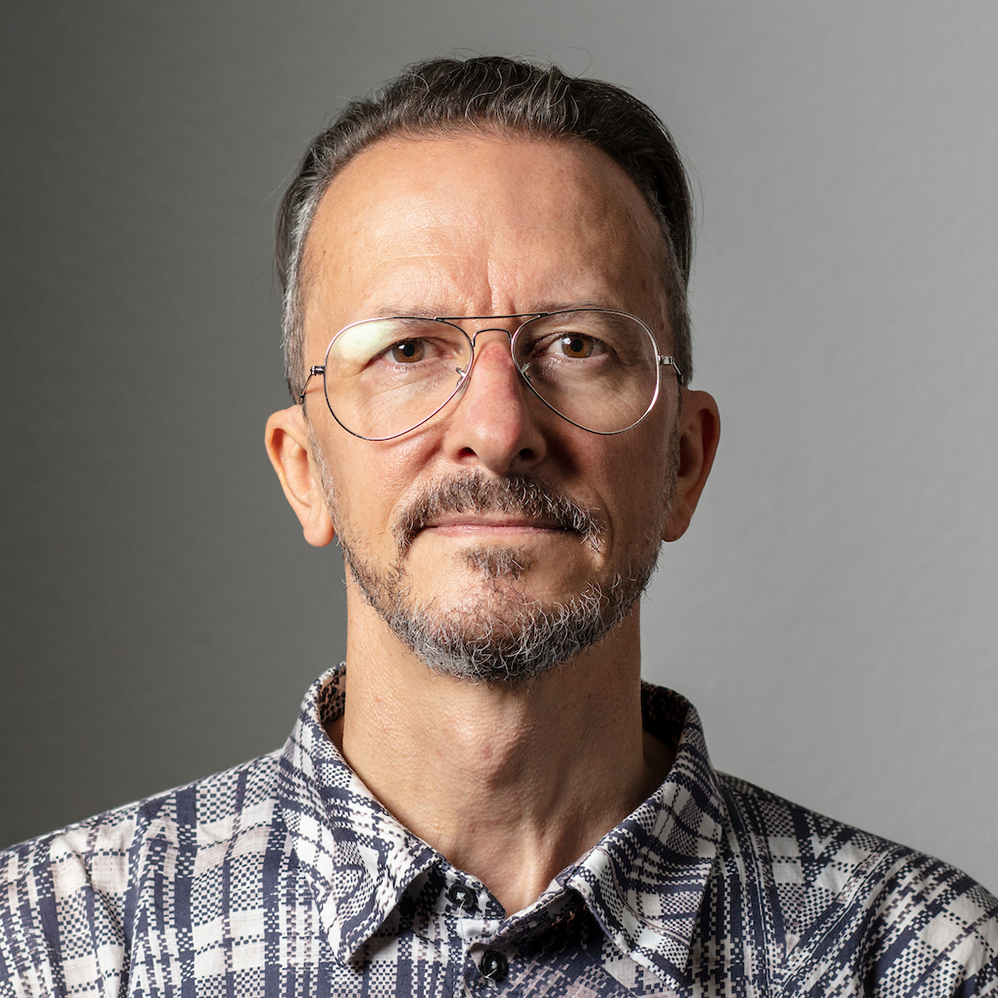









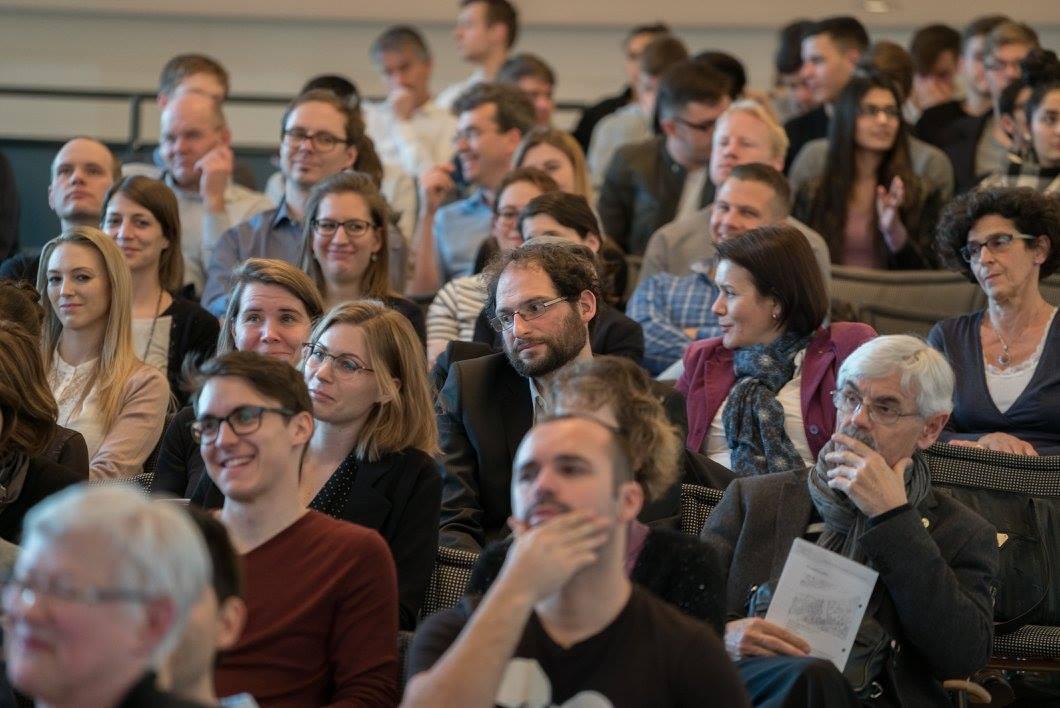

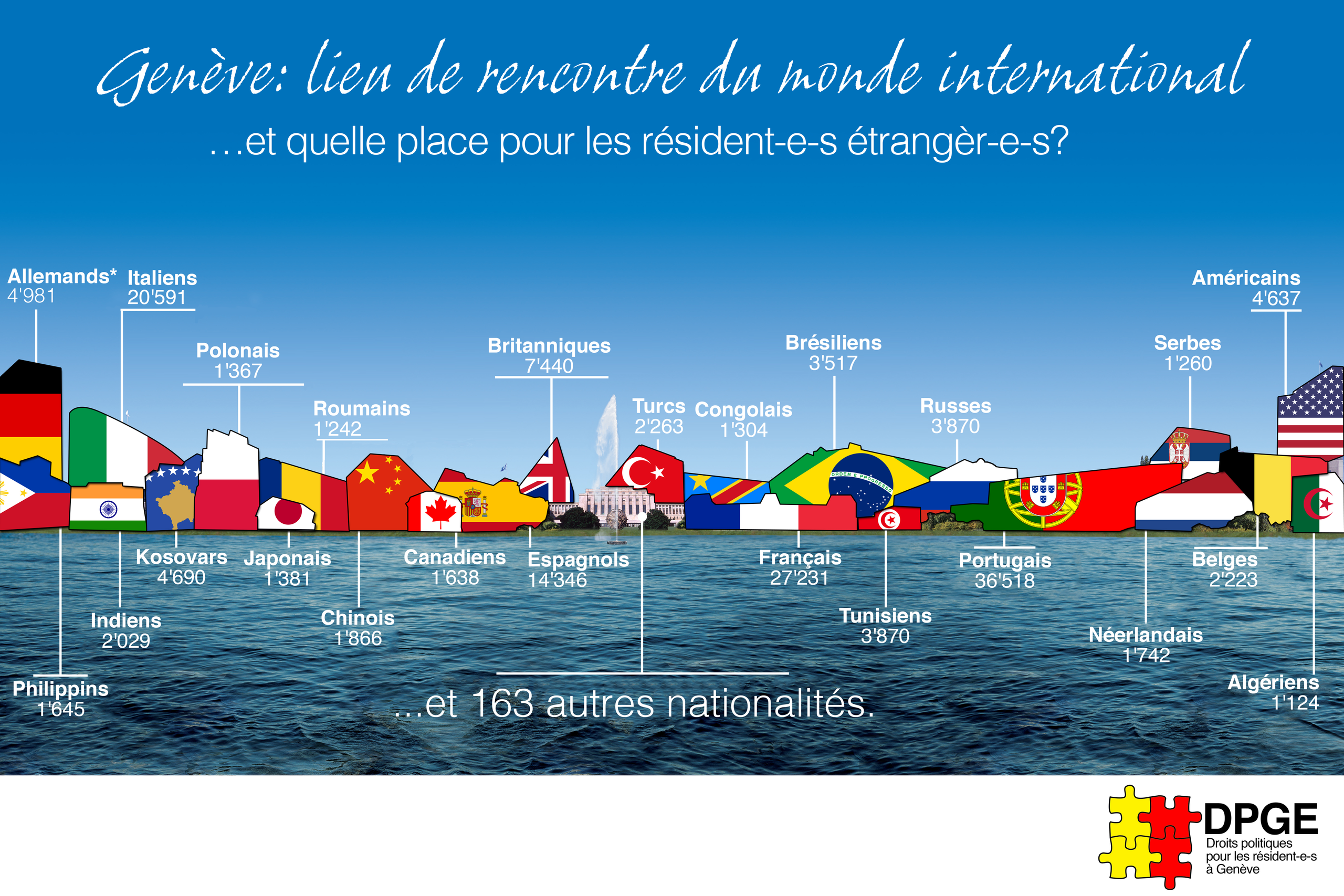
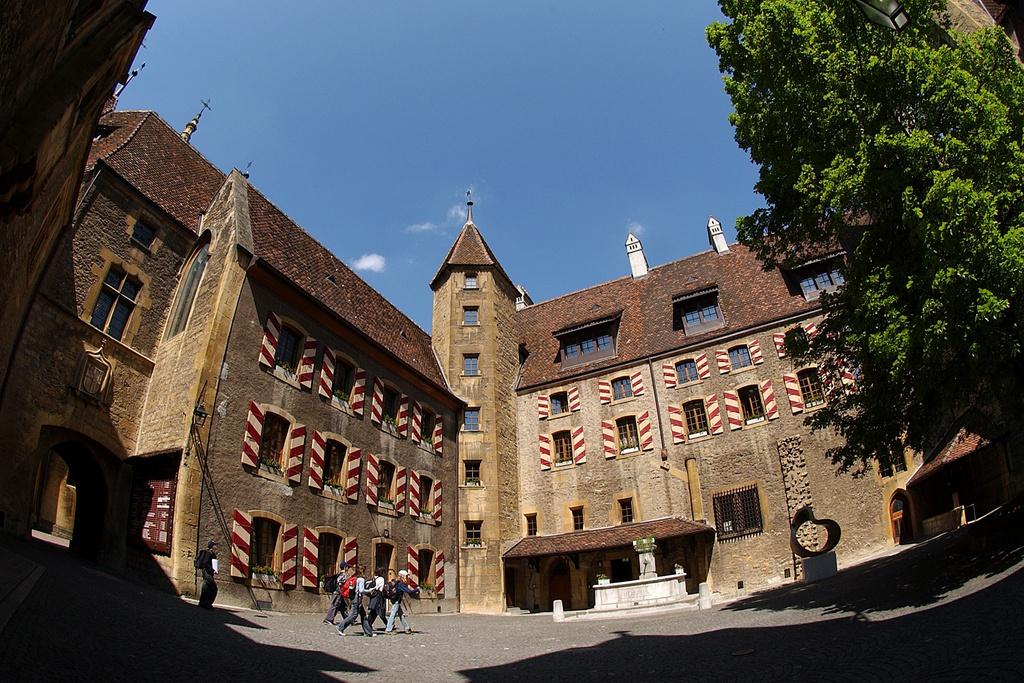
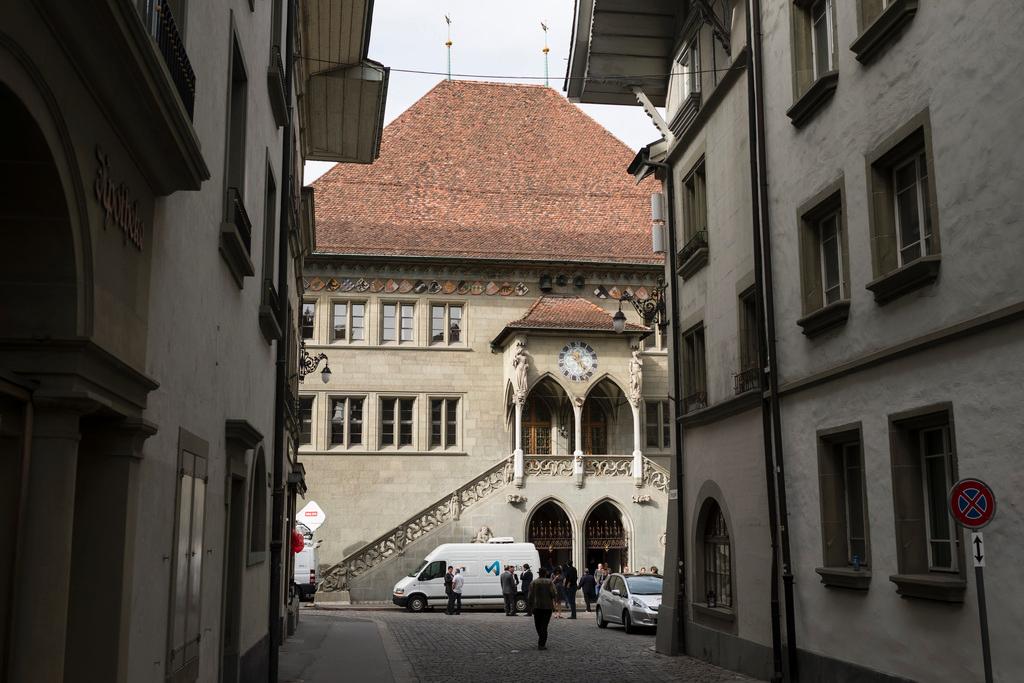
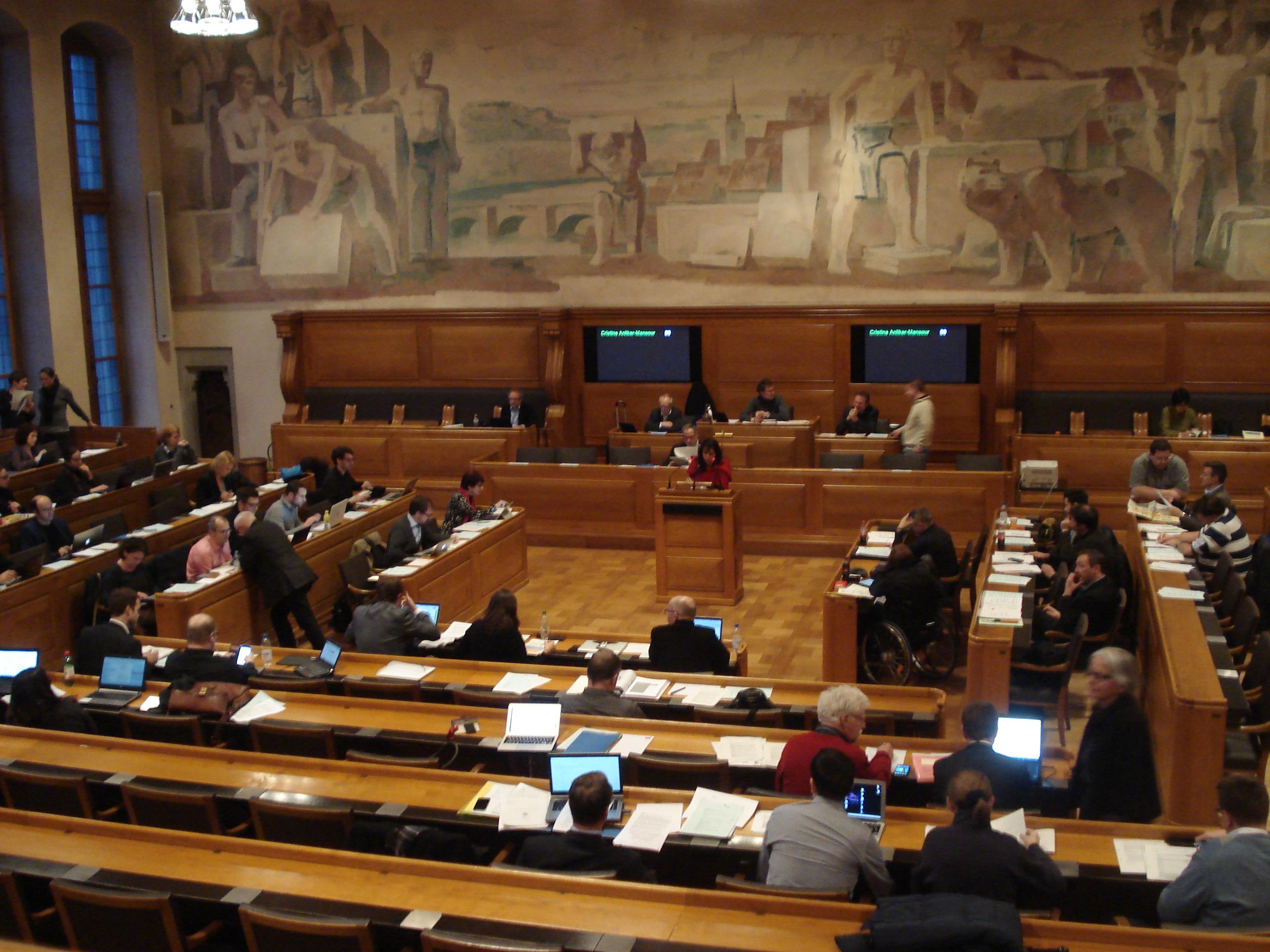
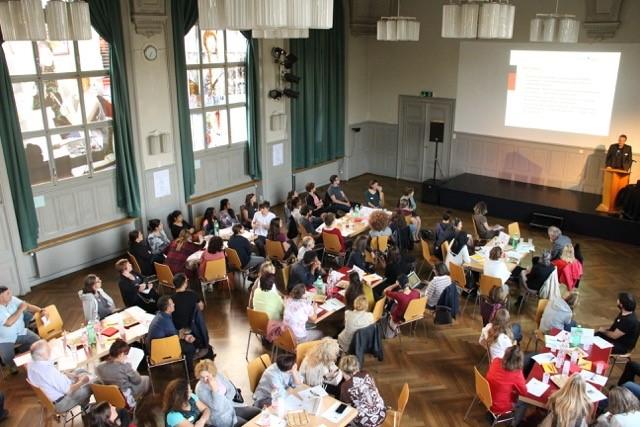
You can find an overview of ongoing debates with our journalists here . Please join us!
If you want to start a conversation about a topic raised in this article or want to report factual errors, email us at english@swissinfo.ch.